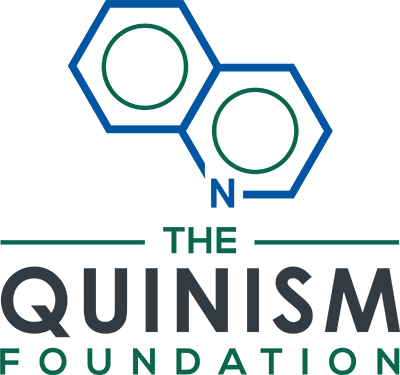The Quinism Foundation Calls on Public Health England to Update its Malaria Chemoprophylaxis Recommendations
UK Drug Regulators Now Warn that Symptoms of Sleep Disturbance During Use of Mefloquine Require the Drug’s Immediate Discontinuation
WHITE RIVER JUNCTION, VT. (PRWEB) FEBRUARY 01, 2018
The Quinism Foundation has called upon Public Health England’s Advisory Committee for Malaria Prevention (ACMP) to better protect the travelling public by updating its recommendations for the use of mefloquine to reflect recent regulatory action by the UK Medicines & Healthcare products Regulatory Agency (MHRA).
In 2017, the MHRA sought an update to the mefloquine prescribing information to include insomnia alongside abnormal dreams and nightmares as symptoms listed in the mefloquine ‘boxed warning’ requiring the drug’s immediate discontinuation. The European Medicines Agency’s Pharmacovigilance Risk Assessment Committee agreed with the inclusion, to be effective February 2018.
“The MHRA has taken great care that patients are warned of the need to immediately discontinue mefloquine at the onset of symptoms of sleep disturbance, but these warnings are nowhere reflected in the ACMP’s current guidelines or recommendations,” said Remington Nevin, MD, MPH, DrPH, executive director of The Quinism Foundation. “With the February 2018 update to the ‘boxed warning’, mefloquine must clearly no longer be prescribed for use together with sleep aids for the treatment of insomnia, and must be considered contraindicated for use during sleep-disrupting travel, such as across time zones.”
Mefloquine poisoning can cause a serious and potentially chronic and life-threatening medical condition known as quinoline encephalopathy, which may be predicted by the onset of prodromal, or early-warning, symptoms of sleep disturbance including insomnia, abnormal dreams, and nightmares [1]. The mefloquine prescribing information already warns that patients should be informed to stop taking mefloquine and seek medical advice immediately should psychiatric symptoms develop, such as abnormal dreams, nightmares, acute anxiety, depression, restlessness, or confusion – which the warning cautions “have to be regarded as prodromal for a more serious event.” The February 2018 update to the prescribing information now makes clear that insomnia is also specifically included among the prodromal symptoms that require mefloquine’s immediate discontinuation, so as to reduce the risk of developing certain ‘more serious’ adverse reactions. In particular, the mefloquine ‘boxed warning’ emphasizes the risk of ‘self-endangering behaviour’ including suicide and attempted suicide.
A recent review concludes that, of those prescribed mefloquine for prophylaxis, prodromal symptoms occur very commonly [2]. Insomnia occurs in 13%, abnormal dreams and nightmares occur in 14%, anxiety occurs in 6%, and depression occurs in 6%. Yet this same review also finds that mefloquine is discontinued in only 6%, far fewer than the number who experience prodromal symptoms.
“It is clear that the important warnings in the mefloquine prescribing information are not being adequately communicated, creating significant liabilities for prescribers and unnecessarily endangering the travelling public,” said Dr. Nevin. “The Quinism Foundation strongly encourages the ACMP to take necessary steps to ensure that the important warnings in the mefloquine prescribing information resulting from recent regulatory action are appropriately emphasized in the next update to its published guidelines.”
A meeting of the ACMP is scheduled for Friday, February 2, 2018. The Quinism Foundation made its recommendations in a letter sent Monday, January 29, 2018 to Professor David Lalloo, Chair of the ACMP.
About The Quinism Foundation
The Quinism Foundation promotes and supports education and research on quinism, the family of medical disorders caused by poisoning by quinoline drugs, including mefloquine and the unlicensed drug tafenoquine, which is currently undergoing regulatory review. Founded in January 2018, the Quinism Foundation is supported by private donations and is advised by an international committee chaired by Mr. Andrew Bryce, of Dublin, Ireland. The Foundation’s board of directors includes retired U.S. Navy Commander William Manofsky and retired U.S. Army Lieutenant Colonel Gregory Alderete.
Executive director Dr. Nevin is a board-certified preventive medicine physician and former U.S. Army medical officer and epidemiologist. He is author of more than 30 scientific publications on malaria and the quinoline antimalarials, including “A serious nightmare: psychiatric and neurologic adverse reactions to mefloquine are serious adverse reactions,” published in the journal Pharmacology Research & Perspectives (see: http://dx.doi.org/10.1002/prp2.328).
1. Nevin RL. A serious nightmare: psychiatric and neurologic adverse reactions to mefloquine are serious adverse reactions. Pharmacology research & perspectives. 2017;5(4):e00328.
2. Tickell-Painter M, Maayan N, Saunders R, et al. Mefloquine for preventing malaria during travel to endemic areas. The Cochrane database of systematic reviews. 2017;10(10):CD006491.

